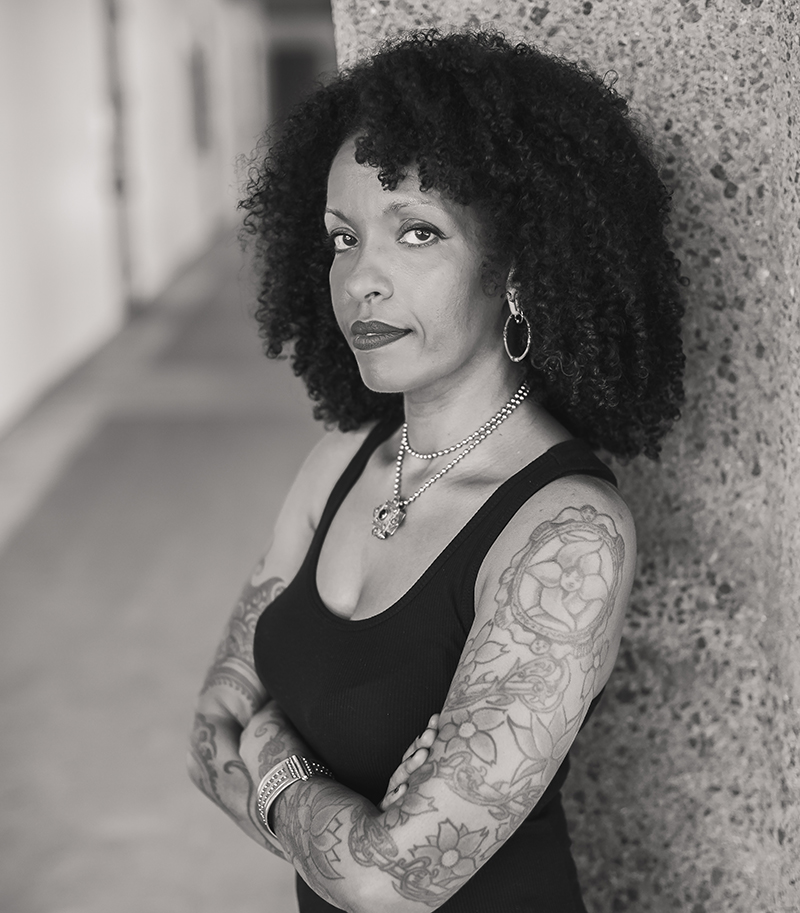
School of Liberal Arts professor Selamawit Terrefe uses black literary and visual culture as a lens to examine racial violence as an agent of power. Her approach to researching and teaching literature is wholeheartedly related to every area of life, and this interdisciplinary approach is one of the reasons why she was drawn to teaching at Tulane. Terrefe believes “black diasporic literature allows for one’s research and teaching to do what black studies does best—to deepen and expand every discipline it touches.” For example, her undergraduate course last semester, “From Ratchet to Revolution: Race, Gender, and Violence in African American Literature,” used readings by various African-American authors to examine topics in the fields of gender and sexuality studies, performance studies, sociology, psychology, and medicine.
Before joining Tulane’s Department of English in 2018, Terrefe conducted research and taught in Germany. There, she was embedded in the political turmoil related to a rise of Neo-Nazism in Germany, of Brexit in the United Kingdom, and political uprisings in France. Living in Europe during turbulent times, Terrefe saw that a disavowal of state-sanctioned antiblackness was a central theme in these social and political transformations around the globe. Witnessing firsthand reactions and conditions of contemporary migration during that time, particularly the fascist responses to African migration, she asserts that racial slavery and its effects are ever-present today.
Drawing from these experiences, Terrefe leads her students in discussions on how the historical events of slavery continue to impact people today, psychologically, physically, and socially. By examining violence inflicted on black bodies in literature, film, news, and social media, she offers her students a deeper understanding of how power, state and individual, has been and continues to be forged by racial violence. At the same time, Terrefe encourages her class to fully consider how history, politics, and cultural products are shaping what they buy, what they believe, how they see themselves, and how they consume almost everything in their lives.
Through her research and teaching, Terrefe sees the interdisciplinary nature of the humanities as the primary place to create a “foundation to investigate relations of domination and to gain theoretical tools to understand how these current relations of power are foregrounded.” Examining literature through the lens of blackness and black critical thought, she explains, “informs everything from Victorian literature to the way students look at themselves as gendered and raced subjects in the world, and then this informs the way they go about their daily lives.”

